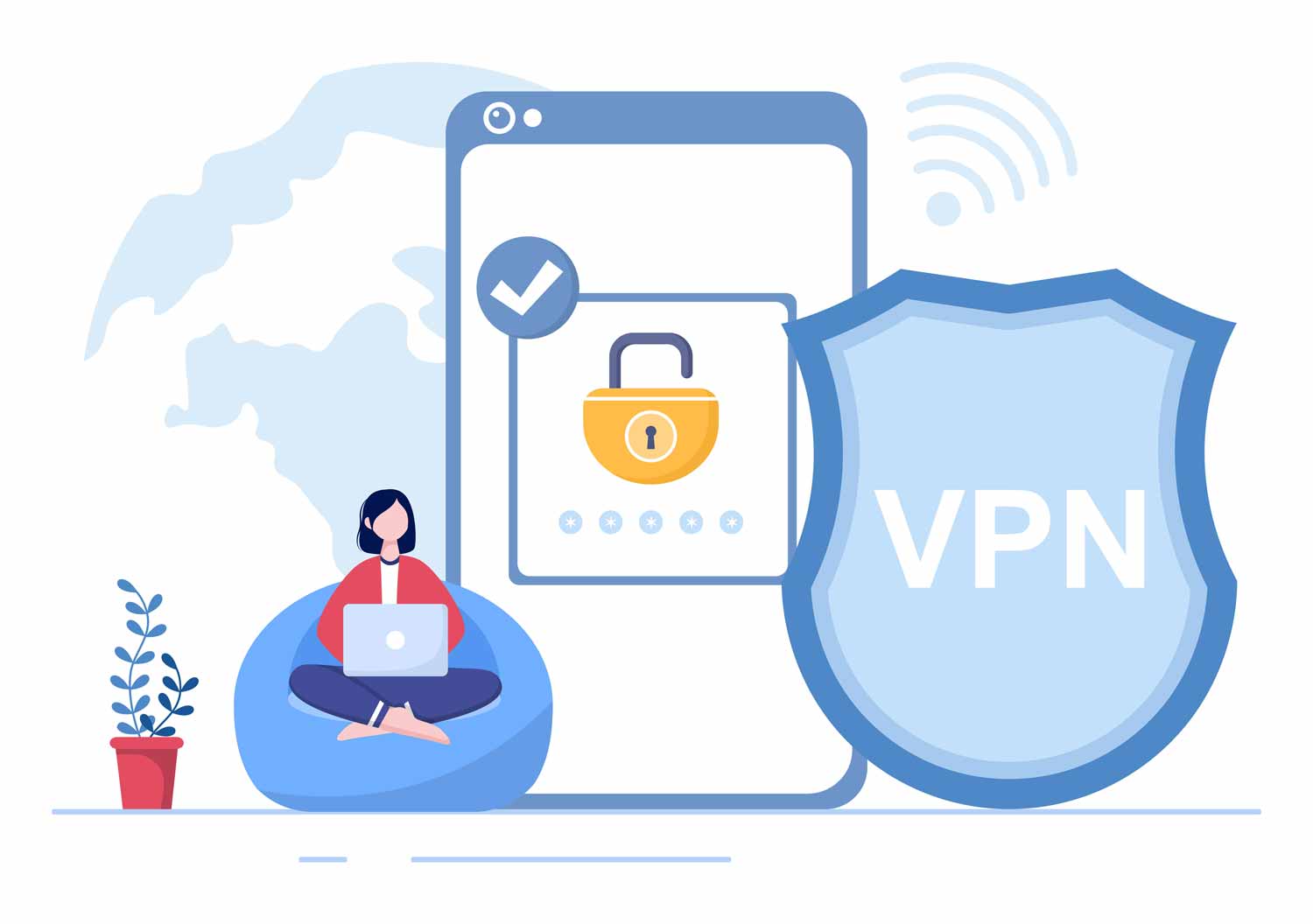A virtual private cloud (VPC) is a private network of computers and servers that exist within a public cloud environment. VPCs allow businesses to have the same control over their data and applications as they would with an on-premises IT infrastructure, but with the added flexibility and scalability of the cloud.
In this article, we’ll explore the different benefits a VPC offers to your business. Let’s begin!
What Is a Virtual Private Cloud?
A virtual private cloud is a cloud network environment that offers users an isolated and secure platform with access to computing resources. It functions in a similar way to traditional models, except it provides the isolation and control of a private network but with the scalability benefits of a public cloud service.
The main benefit of using a VPC is that it allows for much more customized security infrastructure than can be achieved within traditional clouds, where storage and networks are openly shared among multiple tenants. Additionally, VPCs allow for more precise control so that organizations can craft custom policies around their usage of the cloud model—from setting individual access rights to designing the necessary firewall rules.
Ultimately, this flexibility translates into greater cost savings, better performance, and improved security for companies making use of the private cloud model.
Why Are VPCs Important?
Any business that seeks scalability, flexibility, outstanding performance, and security at an affordable rate, can significantly benefit from a virtual private cloud. One of their best features is nearly unlimited scalability, which allows VPC users to easily add more resources as their needs change.
VPC allows the option of being hosted on a public cloud and connecting to a dedicated server infrastructure, if and when necessary. If your VPC runs a global web application, then having it hosted on the cloud rather than on-premise servers will provide better performance for users all around the world.
VPC providers invest a lot of resources into maintaining their servers safe and updated, which is essential to small- and medium-sized businesses that typically lack resources to provide the same level of attention to data security.
Benefits of Using a VPC
Using a virtual private cloud comes with numerous benefits for businesses, such as increased security and privacy. This is due to the various capabilities that VPCs offer, including network isolation, firewalling functionality, and encryption capabilities.
Organizations can use VPCs to efficiently isolate sensitive data from user access. This is important when dealing with confidential or private company information. Without VPCs in place, there is an increased risk of data breaches, which can have financial and trust-related repercussions for companies.
VPCs facilitate access control, allowing digital actors like administrators greater control over who can access various systems. All-in-all a VPC grants organizations the additional security they need to proactively protect their data while optimizing performance.
How Businesses Can Use VPC to Their Advantage
A virtual private cloud can provide businesses with the added security and control that they need to keep their data and applications safe. VPCs allow businesses to create their own dedicated, secure network within a public cloud environment, meaning that proprietary information is completely isolated from shared resources. This also gives businesses complete control over what infrastructure they use, enabling them to decide which types of computing instances will best suit their needs.
VPCs can also be used for testing new applications before deployment in a production environment. By taking advantage of these features, businesses can improve their overall security and ensure that their systems remain private and robust.
Tips for Getting the Most Out of a VPC
When using a VPC, there are a few important tips to keep in mind.
- Plan out your networking and security setup in advance to ensure that it meets the needs of your organization. This includes thinking about the scale of your system and anticipating any changes that may be needed as you grow.
- Monitor usage and performance metrics to identify any inefficiencies or potential issues with resources. This can help you fine-tune how many resources and what type of instances you need based on usage data.
- Balance cost-effectiveness with scalability and reliability.
By following this advice, you will get the most out of your VPC investments by ensuring that your infrastructure is well-optimized for availability and performance.
Bottom Line
A VPC can offer your business increased security and privacy, as well as many other benefits. Setting one up is relatively simple and businesses of all sizes and industries can use a VPC to their advantage with a little bit of planning. By following the tips in this post, you’ll be able to get the most out of your virtual private cloud.









